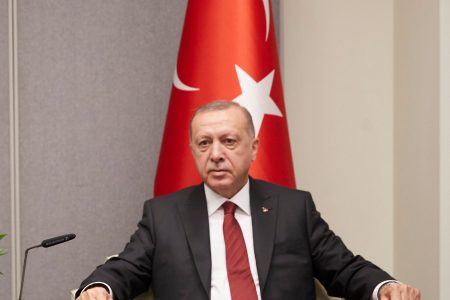Closing the bailout review turned out to be a rather difficult affair. The prior actions never end, they are still struggling and will continue to plague the Tsipras government for some time. The obligations stemming from the commitments assumed towards partners and creditors, in order to avert a new crisis, are countless and absolutely demanding.
Coordinated and organized efforts will be needed over the summer to prepare for the next review in the autumn and the new round of talks with the International Monetary Fund at the end of the year, which will determine the prospects of debt relief.
And all this amid internal reactions and ever-increasing doubts. The climate within the governing party is not the best and the Tsipras has major challenges ahead of him, however
undisputed and powerful he may appear to be.
The government may have avoided the worse and gained some political time, but the Greek problem remains domineering and hard to solve. To solve it, the Prime Minister will have to acct absolutely professionally from now on to create the necessary conditions to overcome the crisis.
This is something that doesn’t quite agree with his party though. It is certain that he will face challenges, almost insurmountable ones.
However he is not the only one facing such problems.
The entire political system seems unable to address the deeply structural Greek problem. The awkwardness of the opposition parties towards the difficult and demanding agreement is obvious to the naked eye.
The struggle between the European future and Balkan past is constant and affects almost all of the country’s political forces.
It is clear that New Democracy – the most composed and organized opposition force in the country – is constantly beset by this contrast. This does not allow the party to defend its liberal politics in a clear way.
It is evident, since rather than adopting a clear European line, as befits its history, it is looking around and in danger of losing its footing.
The so-called center left obviously is in an even worse place.
The broader area of the democratic bloc, which is associated with national leaps, remains fragmented, discredited and lacking leadership.
It cannot live up to the demands of the times, nor can it inspire if it does not unite and recompose. There is a tradition of fragmentation in this particular political space. Long term efforts, curbing ambition and rallying personalities with credibility to spare will be necessary, in order to reclaim the position and role it deserves.
In any case, without a final battle between the European future and Balkan past, Greece will perpetually be faced with the crisis and its consequences.
Antonis Karakousis
Originally published in the Sunday print edition





